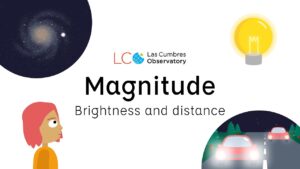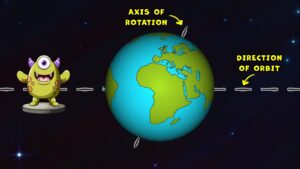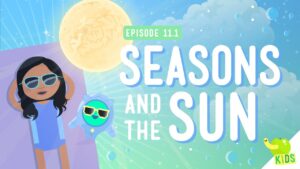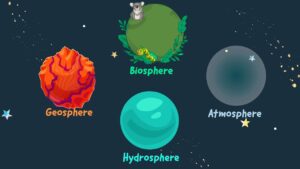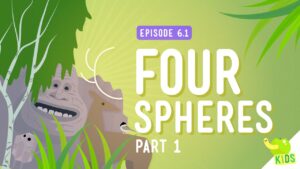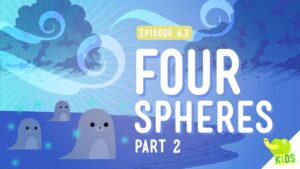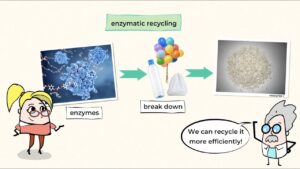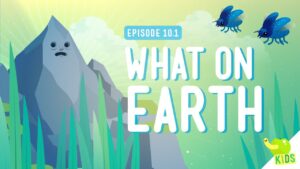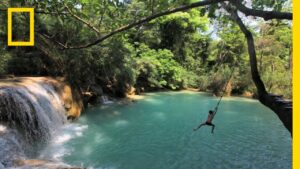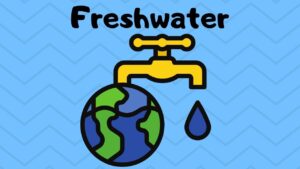Summer vacations are right around the corner and so is your concern about your children having ample time to get addicted to the internet. But guess what, it’s also an awesome time to set up and implement a screen time plan for your family! Plus, adding science to this plan is a fantastic idea.
Leaving your kids in digital daycare isn’t a smart move. Once they get addicted to their smartphone, their well-being may be affected in a variety of ways. Excessive time spent on social media can lead to disconnection from others, unrealistic body goals, and behavioural disorders. Youtube uses algorithms that keep children engaged and bound to narrow, sometimes unhealthy, subject areas. Children can be exposed to unsuitable content such as mean pranks, fear-inducing videos, misleading titles (such as ‘eating soap and drinking shower gel’) and sexual content. Fun fact: As per YouTube’s Terms and Services, it is not even intended to be used for children under 13.
Another form of entertainment that is concerning for parents is video gaming. The American Academy of Pediatrics (AAP) recommends a screen time of 30-60 minutes per day on school days and 2 hours per day during holidays. In this ideal situation, video games can actually help in STEM education — however the ground reality is much different. Husna et al., (2022), estimated that 11-12 years old boys play mobile games for 3-5 hours per day. Another study investigated this trend in 9-12 year old kids from 12 different countries and reported an average gaming time of 8.6 hours per day. Poor social skills, poor academic performance, poor quality sleep and aggressive thoughts are only a few of the menaces of excessive video gaming. Alarming, isn’t it? The situation may worsen during summer break — the addiction danger spot. Take this parent’s case for an example:
“It has been a long, difficult summer with my 14-year-old son. It has been a constant struggle to get him to do much other than spend the whole day on video games and on his phone.”
How to protect kids from internet addiction?
So how do you deal with this situation — digital detox? social media fasting? digital holidays? In the past, the American Academy of Pediatrics (AAP) used to recommend less than two hours screen time for children aged 5 and up. However, since most children exceed this limit and not all screen time is equal, they now recommend parents to formulate a screen time plan as per their family’s screen habits and situation. Here’s what a screen time plan may include:
1- Setting daily time limits on screen use
2- Implementing screen-free times (for instance, before bedtime or during family meals)
3- Designating screen-free zones
4- Utilising parental controls
In fact, the AAP has an amazing website where you may make a customized plan for your family (with avatars!). Make sure to check it out!
Now as you work on your family screen time plan, make sure to include STEM education. It’s summer break, not science break! Summer break homework may serve as a starter for science learning, but don’t limit science to homework, rather include it in your daily lives.
How can parents engage children in science learning?
Studies have shown that everyday settings are a great opportunity for learning science since they are usually not backed up by an institutional agenda for scientific education. Parents and siblings are a significant part of learning science in informal settings. This kind of learning may come down in two forms: spontaneous moments of learning that come up unexpectedly or deliberate and structured pursuits. Let’s take a look at some conversations that may become excellent learning opportunities:
- While fishing, a four-year-old boy may ask his dad, “Why do fish die outside of water?”
- When a four-year-old boy watches a movie about dinosaurs, he may inquire, “Why do dinosaurs grow horns?”
- A five-year-old may ask during family dinner, “Is tomato a fruit or a vegetable?”
More deliberate pursuits may occur when children become experts through a particular hobby, volunteering for a cause, or special situation. For instance, a kid with a hobby of flying model planes learns about aerodynamics; a kid whose mother is on a special diet may know a lot about which food items are rich in carbohydrates.
In simple words, be it fishing, gardening, having dinner, or driving a car, as a parent you’ll have tons of opportunities to engage your kid in science learning.
What is the role of science media in learning science?
Let’s knit it all together. We have discussed how science should be a part of your kids screen time plan. We have also talked about a parent’s role in science education. But what if a parent isn’t an expert at science or doesn’t know how to discuss complex ideas with their kids. This is where science media (science shows, videos, games, apps and websites) plays a significant role.
Silander et al., (2018), conducted a comprehensive study about how parents take part in their children’s science learning. The study reported some interesting results. Among the different science media resources, TV shows and science videos were found to be frequently used by children. Only 69% of the respondents reported that they engage their kids in science media and apply these topics in real life. Here’s what a parent had to say about this:
“I think it’s more effective with me … I watch Super Why with my daughter … and I’m like, ‘Sound it out. What does that sound like? Sometimes she’ll engage, sometimes she won’t, but I know when I’m sitting, like, right there with her, or if I noticed she’s disconnected, I’ll sit next to her, like, ‘Oh, what is this?’ So, I think with me being with her, it helps her a little more. I think the tools are the reinforcement of what I tell her. So, I always think of any other outside tool as just something to reinforce.”
The study shows that although parents wish to engage their children in science learning, they are often restricted by factors like uncertainty about their children’s level of understanding and hesitation from fear of not being able to answer their questions. Therefore, they need high-quality science content that is clear, supports the child’s learning trajectory, and appeals to both adults and children.
This very need for high quality science media strengthens our resolve to select the best educational videos for each grade and topic. Following are the benefits of using Video Guru as your source of science media this summer:
- High quality videos curated by grade and topic
- Each video is tied to a specific curriculum standard
- Videos will inspire curious learners and provoke thought
- Videos will help understand and reinforce curriculum topics
- Safe environments without distractions of “related videos” and advertisements
- Parents can be confident students are learning while watching
The following infographic covers some examples of conversation starters for our educational video regarding the importance of biodiversity.
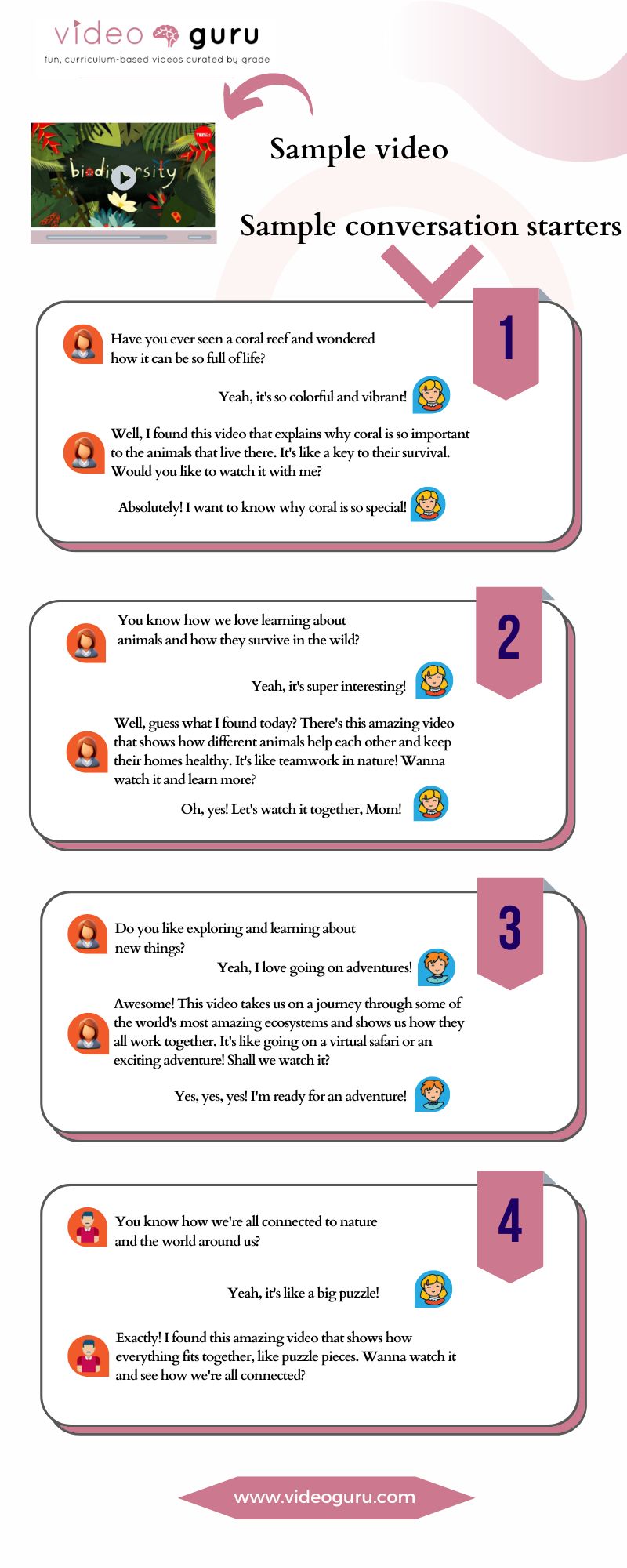
Did you find this post useful? We love hearing from you so don’t forget to provide feedback. Also, if you have designed your screen time plan, share it with us on twitter.
References
Berthold, J. (2022, December 19). Is Too Much Screen Time Bad for Kids? It’s Complicated. UCSF. Retrieved May 15, 2023, from https://www.ucsf.edu/news/2022/12/424481/too-much-screen-time-bad-kids-its-complicated
Farchakh, Y., Haddad, C., Sacre, H., Obeid, S., Salameh, P., & Hallit, S. (2020). Video gaming addiction and its association with memory, attention and learning skills in Lebanese children. Child and Adolescent Psychiatry and Mental Health, 14(1), 1-11.
Hein, G. (2009). Learning science in informal environments: People, places, and pursuits. Museums & Social Issues, 4(1), 113-124.
Husna, F., Jamin, H., & Juliandi, R. (2022). The Effects of Mobile Games on Elementary School Students’ Achievement in Aceh. Jurnal Basicedu, 6(1), 308-314.
Healthy Limits on Video Games. (2023, January 17). Child Mind Institute. Retrieved May 17, 2023, from https://childmind.org/article/healthy-limits-on-video-games/
Silander, M., Grindal, T., Hupert, N., Garcia, E., Anderson, K., Vahey, P., & Pasnik, S. (2018). What Parents Talk about When They Talk about Learning: A National Survey about Young Children and Science. Education Development Center, Inc.


















